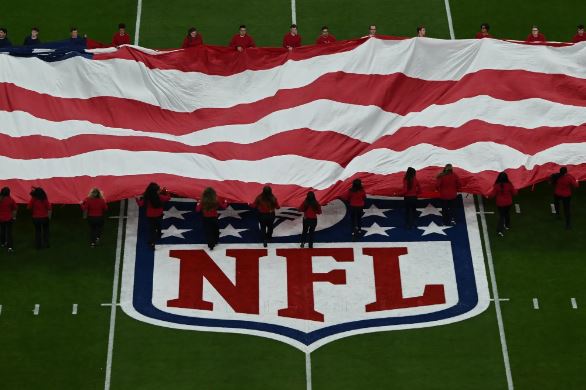A federal jury in Los Angeles ruled on Thursday that the NFL must pay nearly $5 billion in damages for artificially inflating the price of its Sunday Ticket subscription service, offered through DirecTV. The verdict concludes a monthlong class-action trial and almost a decade of legal disputes, awarding around $96 million to bars and restaurants that subscribed to the service and over $4.6 billion to approximately 2.4 million residential subscribers. Given that damages in antitrust cases are trebled by law, the league may face a payout exceeding $14 billion.
Judge Philip Gutierrez, who had openly criticized the plaintiffs’ lawyers during the trial, will address post-trial motions next month. He has the authority to alter the jury’s decision if deemed inappropriate. An appeals court could also potentially reduce the damages awarded.
Despite the potential for changes on appeal, the verdict poses a significant threat to the NFL, a $20 billion powerhouse largely driven by its media agreements.
The civil case centered on the NFL’s media distribution strategy, which has involved negotiating contracts with networks on behalf of all its teams for over 50 years. More than 90% of NFL games are broadcast on free, over-the-air television within the markets of the teams involved, with many other games shown nationally in prime time on major networks. These contracts with CBS, Fox, NBC, and other broadcasters generate over $10 billion annually.
Sunday Ticket was distinctive because it bundled out-of-market games broadcast by CBS and Fox and resold them to fans for about $300 per season. The plaintiffs argued that this price was intentionally kept high to limit the number of subscribers. They highlighted an email from ESPN to NFL executives offering to provide Sunday Ticket for just $70 and sell single-team packages. The league declined the offer, opting to continue its exclusive partnership with DirecTV until 2022, when it signed a new agreement with YouTube TV.
During the trial, the NFL admitted that CBS and Fox would be negatively impacted if Sunday Ticket attracted too many subscribers. Commissioner Roger Goodell, who testified, stated that the service was priced as a premium product.
The jury, along with many fans, believed that the league could and should offer its games at a lower price and with more flexible options, such as team-specific packages. Feldman, the Tulane professor, suggested that the NFL would likely argue on appeal that its collective negotiation of contracts was pro-consumer because it provided a vast majority of games for free over the air.
The outcome of the appeal and subsequent legal proceedings will be closely watched, as it could have far-reaching implications for the league’s media strategy and its financial obligations. The case highlights the ongoing tension between consumer interests and the business practices of major sports leagues, particularly in the era of streaming and digital distribution.

